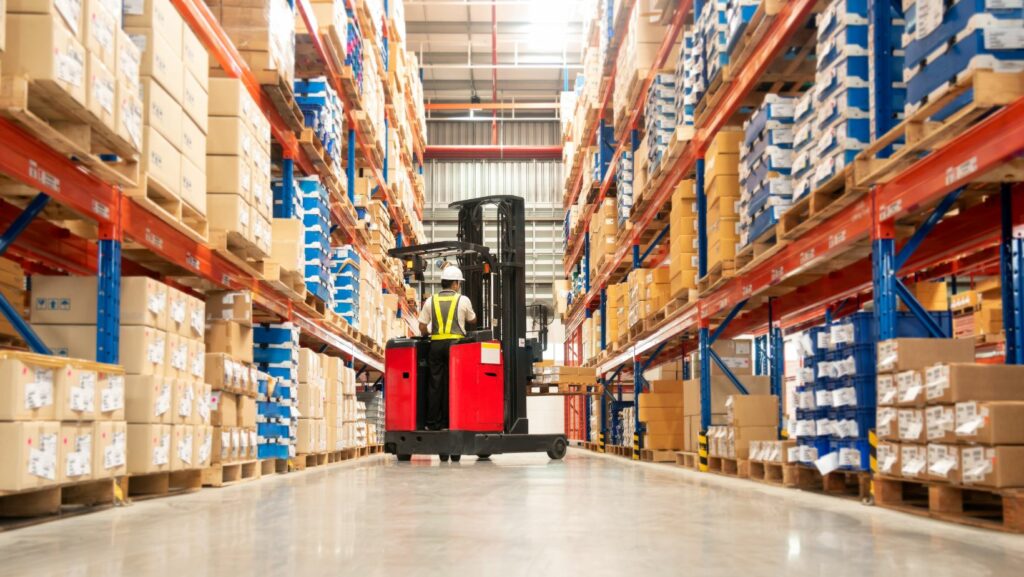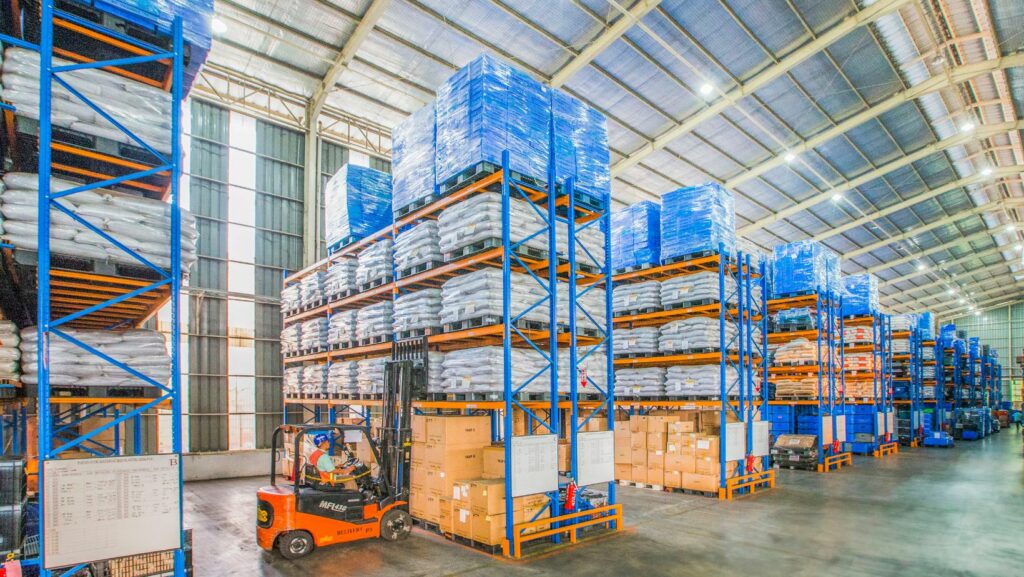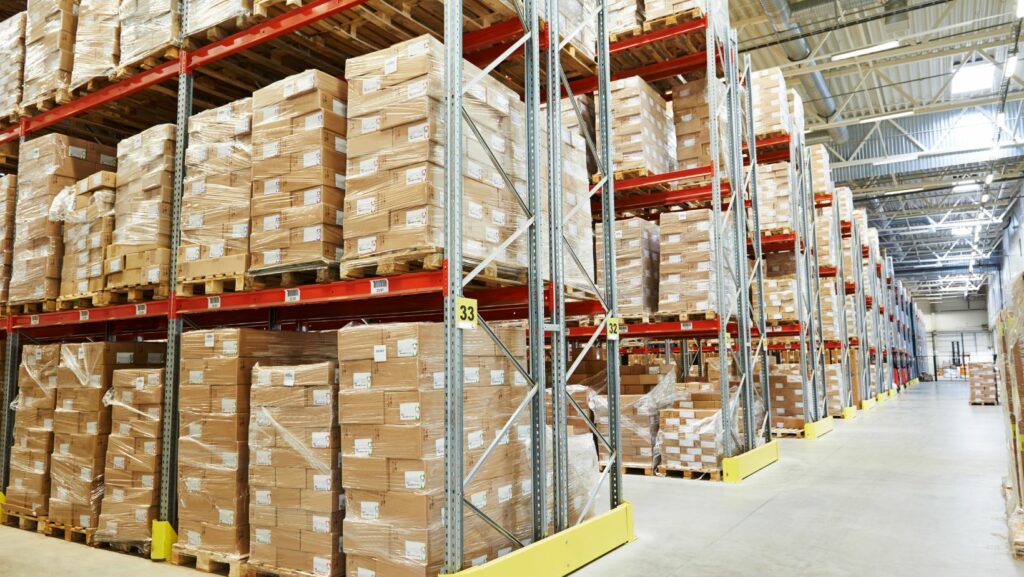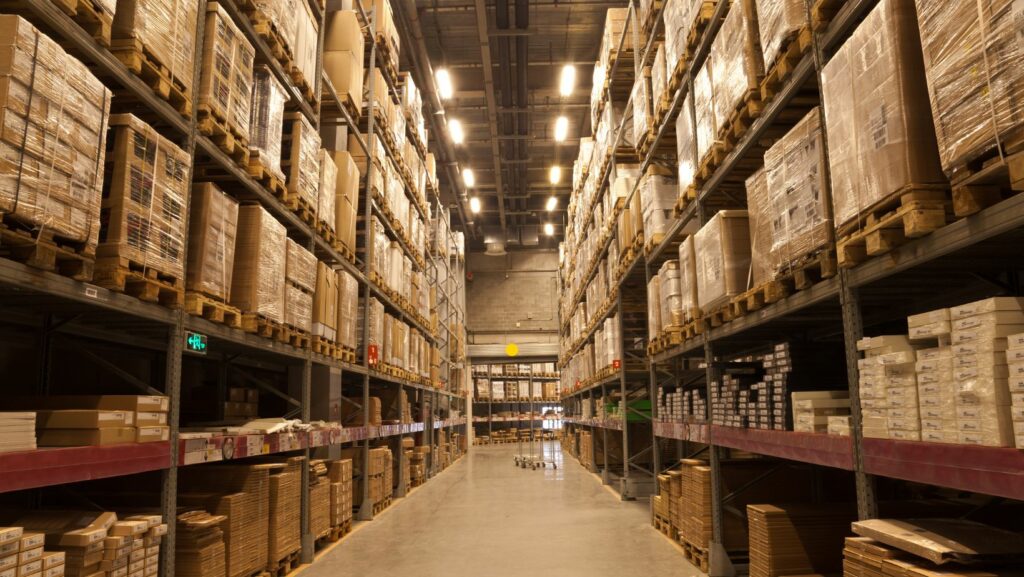In a world where data is the new gold, it’s crucial to store it securely and efficiently. One such method that’s gaining traction is cold storage solutions. But what exactly are they, and why are they becoming increasingly important in the digital age?
Cold storage solutions aren’t just about preserving your summer berries for winter pies. In the tech world, they’re a vital part of data management, offering a safe haven for data that’s not frequently accessed but still holds value.
Cold Storage Solutions
What Is Cold Storage?
By definition, cold storage refers to an offline approach to data storage. In this reservoir, enterprises put the data they don’t use frequently. Contrary to hot storage, where data is stored online and is accessible in real time, cold storage offers reduced costs and greater security measures. It ensures optimal data preservation over extended periods, minimizing the risk of accidental alterations or deletions.
An example of cold storage is an offline hard drive where a photographer stores thousands of high-resolution images that aren’t in regular use. It’s a cost-effective method with efficient usage of system resources, and imposes fewer demands on bandwidth than hot storage.
Types of Cold Storage Solutions

Cold storage solutions aren’t one-size-fits-all systems. There are several different types, designed to meet varying storage needs.
- Magnetic Tapes: A veteran in the field, magnetic tapes offer numerous benefits like energy efficiency, long lifespan, and low total cost of ownership.
- Hard Disk Drives (HDD): Offering dependable technology and cost-effectiveness, hard drives still hold a significant market share. They possess a high data density that can store large data volumes.
- Optical Disks: Compact discs (CDs), digital versatile discs (DVDs), and Blu-ray discs are types of optical disks. They are easy to transport, offer considerable data lifespan, and come with various write-once or rewritable options.
Each of these cold storage types comes with its own set of pros and cons, catering to specific data capacities, retrieval times, and operational costs. Choosing the right type depends on the unique data needs and business goals of the organization.
Key Components of Effective Cold Storage Solutions
In the realm of cold storage solutions, certain components undeniably affect the efficiency of the system. Key aspects include insulation and refrigeration systems, as well as monitoring and control technologies.
Insulation and Refrigeration Systems

Proper insulation ranks as an essential feature in an effective cold storage system. It plays a pivotal role in limiting heat gain from the exterior and reducing energy required for cooling. Polyurethane foam, for instance, is a widely used insulation material that offers high thermal resistance and minimizes heat transfer, effectively improving cold storage performance. Similarly, other materials such as polystyrene and mineral wool may be employed, depending on specific application requirements.
On the other side of the spectrum are refrigeration systems, vital for maintaining temperatures within predefined parameters. Refrigeration systems could utilize various technologies – from traditional thermoelectric mechanisms to modern, eco-friendly hydrocarbon-based refrigerants.
Moreover, robust monitoring and control technologies contribute to the smooth running of cold storage solutions. Monitoring devices, like temperature sensors and humidity detectors, keep tabs on the conditions within the storage environment. They relay the data to a centralized system, aiding in instantaneous decision making and quick response to potential disruptions.
Choosing the Right Cold Storage Solution

While varied cold storage solutions exist, the choice of the right one depends on multiple factors, including industry-specific requirements and scalability considerations.
Different industries demand unique requirements for cold storage systems. Be it healthcare, food services, or technology, each industry has different demands to be met via cold storage.
For instance, the healthcare industry often requires the storage of sensitive materials such as vaccines, which demand stringent temperature-control measures. Alternatively, food service providers might need large-scale cold storage for wholesale storage, necessitating systems with high volume capacity. At the same time, technological enterprises might staff cold storage for archival data, preferring solutions like magnetic tapes or hard disk drives, previously discussed.
